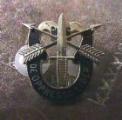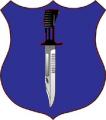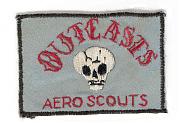Use the search button and look for the terms "Nagl" and "Gentile." That should give you the point/counterpoint you're looking for.This may seem trivial compared to what seems to be going on in the rest of these threads, but I'd appreciate any kind of help...
I am an undergraduate International Affairs student at Mercer University. I am enrolled in my first Int. Affairs class this semester. Each student is assigned a debate topic and position and placed against one other student. I am in the first debate this coming Thursday.
My Topic- Rise in Counterinsurgency.
My position (as given to me by my professor): Irregular warfare and counterinsurgency campaigns will define what the U.S. military will do in the future. The counterinsurgency doctrine emphasizes the use of minimal force, with the intent of winning the hearts and minds of a civilian population. The Army's adoption of counterinsurgency has made it a better more successful force.
My opponent's position: An internal Pentagon report is raising concerns about whether the Army's focus on counterinsurgency has weakened its ability to fight conventional battles. The claim that counterinsurgency improves the effectiveness of the Army encourages a more interventionist posture within the Army — a position that will make it easier for the Army to wage war in the future. The Army’s singular focus on counterinsurgency has in fact weakened it ability to wage conventional war.
I knew next to nothing about counterinsurgency before last night, and now have several days to make the best argument possible and to counter my opposition's argument well. My dad's best friend directed me to you guys. I've been researching nonstop. Any points, arguments, sources, opinions, ANYTHING, would be greatly appreciated. I'll treat you to a meal in our cafeteria next time you're in Georgia! Thanks so much.















 "A Sherman can give you a very nice... edge."- Oddball,
"A Sherman can give you a very nice... edge."- Oddball, 




Bookmarks